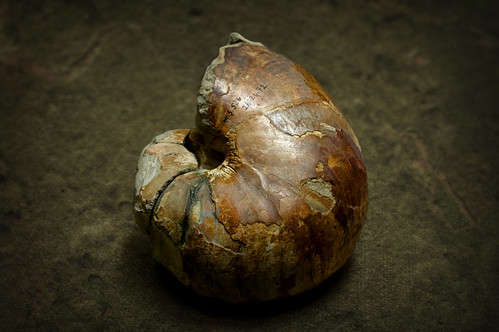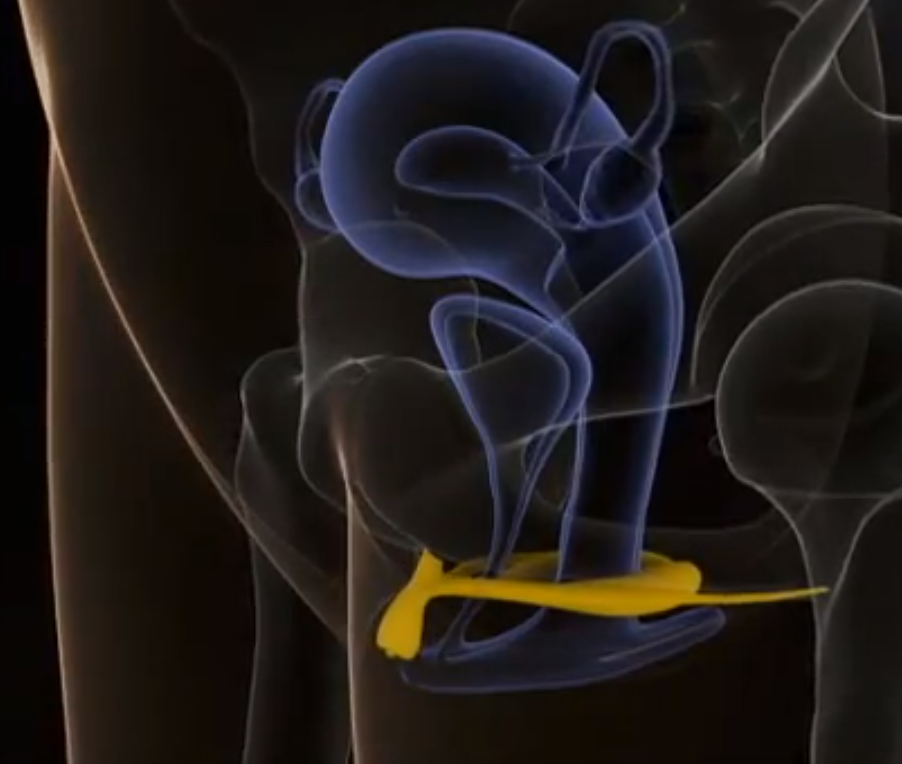A recent posting in the Nature News Blog about rediscovering specimen collections of Darwin has me contemplating what "dusty" corners will be found later on when our science becomes history. There are still taxonomist collecting specimen and old tools being left in the corner of a lab today. With everything being digitized, perhaps those much hated National Geographics which are lovingly donated to your library really could be invaluable to someone 100 years from now. This thought has been one which I love discussing with other scientists in the vein of the fabulous "Motel of Mysteries" by David Macalay which explores what assumptions might be made about our society and civilization today if someone a thousand years from now tried to piece it together from finding a buried motel. My favorite image being the scene which depicts the ceremonial headdress as we praised our porcelain gods.
This also ties into our growing worry about a digital dark age as we consider how much massive information we are creating today, and how impossible it will be to constantly convert old information into the latest and greatest format. All that junk email left behind could contain the future "gold nuggets" someone discovers when they go back and bother finding out what's on that floppy disc their great grandfather left behind in his old lab desk. Will future scientist have their old Facebook photos re-found and marveled at for containing the next Einstein and Newton consuming a congratulatory beverage over inventing light speed travel?
Human lives are brief, and it can cause a range of reaction in people who perhaps feel that impending end to their influence on the physical world. In my brief time of observation, and most recently on my mind, two types spring to mind: hoarders and releasers.
Releasers view the world and see needs that should be filled.
Information for information's sake, if you will. From these people we
get: clean water inventions being created, comic books being funded or even an entire female organ finally visualized. All these things you see being discovered or created fairly recently, when we had the ability to do so decades ago. While the politics are more complex than I discuss here, some of the blame for why we do not "release" information focused on some obvious needs can be placed on the hoarders.
Hoarders see everything as valuable. More so than the A&E TV show,
hoarders encompasses those people unwilling to let some things go
because sharing it does not benefit them in any direct way. I am tying
this to the recent discussions I've seen about SOPA and Public Access Policy.
To those people who view limitations to information access
as necessary I say, you are setting us up to one day be rediscovered and completely misunderstood. Rules and restrictions have their place. The scientific method would not be an invaluable tool for discovery if
it did not establish measurable evidence to be constantly compared back
on our previous knowledge base. But hoarding information benefits no one in
the long term, it just set us up to disregard what we deem as no longer
monetarily valuable.
So, what will you keep around in the hopes your treasure is discovered by some future anthropologist? Will your treasure be like Mendel's peas, left to be lamented that they were not shared soon enough? Or will it reflect on how large your impact was, that something as everyday as your random collection will be given an invaluable status.




A fascinating post! I wonder what it would be like for a future person to stumble across their grandmother's old blog online instead of a diary in a dusty attic.
ReplyDeleteI can only imagine and hope it would be as interesting as it was for me to flip through my parent's old paper photo albums. Casually flipping through Facebook Albums is a bit harder with privacy settings and a digital interface, but it will be fascinating to see how they might provoke the same emotions.
Delete